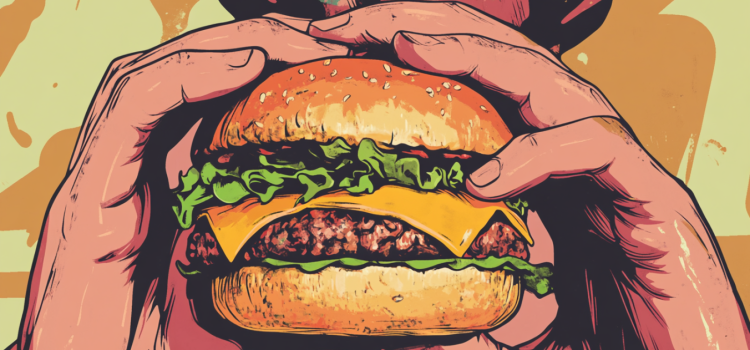What does your digestive system have to do with your immune system? What changes can you make to improve your digestive system? In The Autoimmune Solution, Myers argues that because your digestive and immune systems overlap, healthy digestion helps balance your body’s immune responses. In addition, a healthy digestive system helps your body absorb the nutrients from the food you’re eating, which supports your overall health. Here are the two changes you should make to improve your gut health.
Improve Your Digestive System With These 2 Changes










